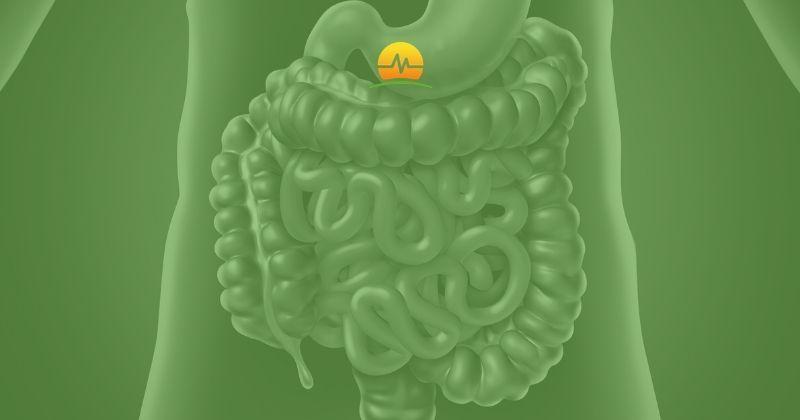As we know, a colonoscopy is the most effective way to prevent colon cancer. Routine colonoscopiesstarting at 45 years old for those with average risk and repeated every ten years, can drastically reduce the risk of developing colon cancer by finding pre-cancerous polyps before they have a chance to become malignant. These colonoscopies, while dreaded by many, have reduced the rates of colon cancer cases and deaths over the past couple decades.
If polyps or pre-cancerous growth are found in the colon, colonoscopies can also remove these growths. This is all completed during the same procedure while the patient is sedated. But for some, regardless of their risk of colon cancer, polyps may return over and over again.
Why Do Colon Polyps Recur?
Patients with recurrent polyps may wonder if their condition is genetic or environmental. The short answer is that they are often genetic. The greatest risk of pre-cancerous and cancerous colon growth is family history. Therefore, if any first-degree members of your family have experienced colon cancer or polyps, your risk may be significantly higher. The severity of their case as well as the age of onset is also helpful in determining and stratifying your risk of colon cancer.
That’s not to say that pre-cancerous polyps aren’t, in part, caused by poor dietary choices. Unfortunately, today’s diet consists of highly processed, high fat, high sugar, high carb foods and drinks that are decidedly bad for the intestinal microbiome. Therefore, changes in diet and exercise habits should be at the top of the list when working to prevent colon cancer. A diet high in raw (and cooked) vegetables, fiber, whole fruits and lean meats such as fish and chicken should replace diets high in red meat, alcohol, processed foods and desserts. Further, you must exercise. Exercise offers incredible health benefits both mentally and physically and improves gut health tremendously. Lastly, stopping smoking also eliminated a significant risk factor for any kind of cancer, including colon cancer.
Speak to your primary care physician or a colorectal surgeon like Dr. Alex Crean to learn more about the important changes you can make to reduce the environmental risks of colon cancer. We also suggest that you talk to Dr. Crean about you’re a genetic risk, which can be determined through appropriate genetic testing and a thorough an examination of family history of colon cancer.









